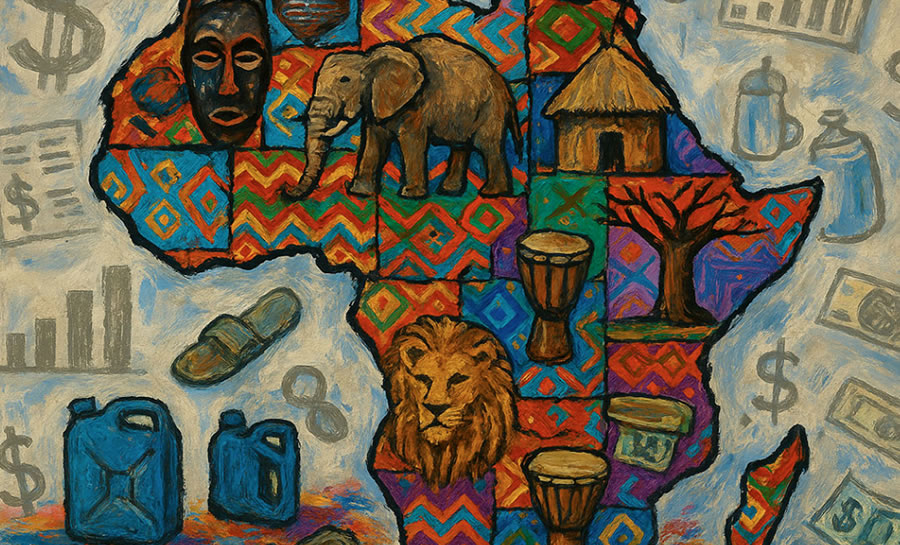
The current international financial system, unable to provide effective responses to the accumulating economic, climate and debt crises, has become obsolete. This was evidenced by the recent IMF and World Bank spring meetings. In the face of global paralysis, Africa has decided to stop being a bystander. African governments and institutions are taking the lead with concrete proposals to reform the system, from new financing tools to solutions to the growing debt burden.
Far from focusing solely on equity, African leaders are putting the spotlight on efficiency. With more than 30 countries spending more on debt than on health and education, the continent is demanding a new, fairer and more predictable resolution framework. At the same time, it is promoting the use of IMF Special Drawing Rights as hybrid capital, pushing for local currency financing and proposing scalable climate investment models adapted to fragile contexts. These are potentially transformative initiatives that could benefit not only Africa, but the entire global financial system.
South Africa's presidency of the G20 has brought these demands to the international forefront, showcasing an Africa that is not only resilient but visionary. Its priorities - from early-stage investment to mobilising private capital and strengthening the domestic market - aim to correct global systemic failures. As economist Hanan Morsy argues, Africa is no longer demanding a seat at the table: it is helping to redesign it.
👉 Full article here.
